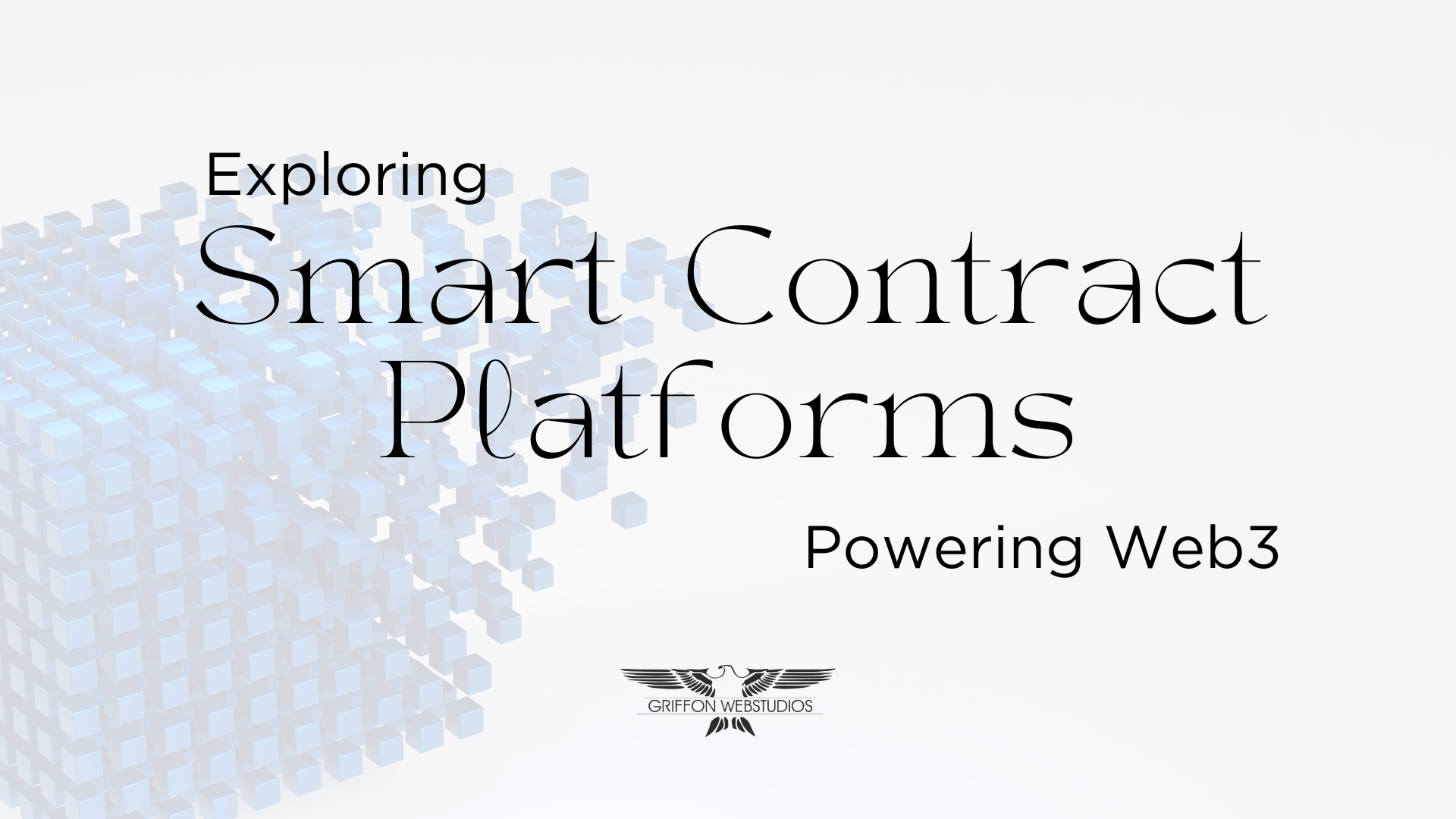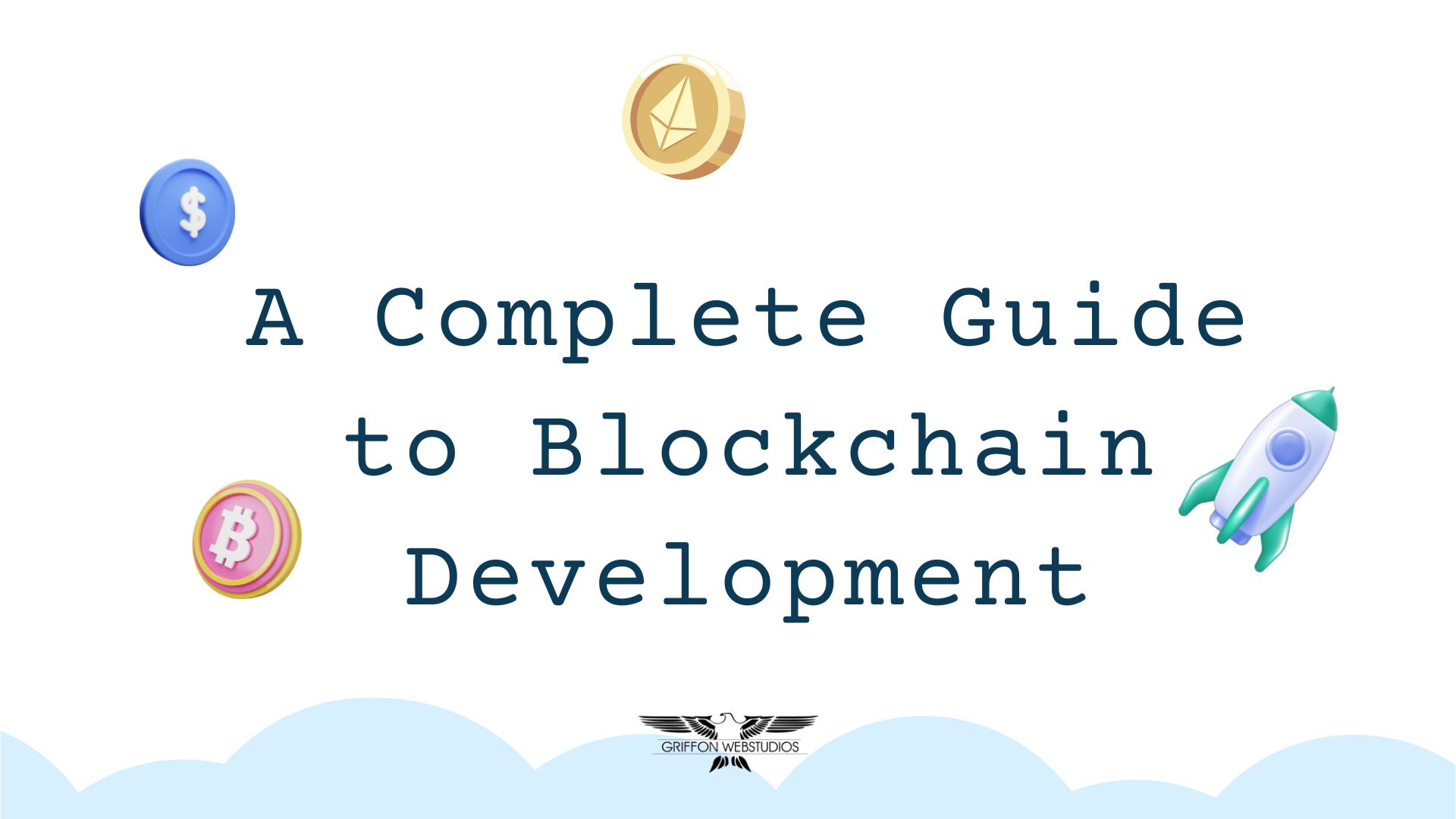
Blockchain for Business Without the Headache
Let’s be honest! Blockchain has a complexity problem. The potential is massive, but most businesses don’t have the time, team, or technical appetite to spin up custom chains, manage nodes, or audit smart contracts line by line. This article unpacks how BaaS is quietly changing the adoption curve, making blockchain less of a tech experiment and more of a practical, plug-and-play solution for businesses that want results without reinventing their stack. What Is Blockchain as a Service (BaaS)? Blockchain has moved beyond crypto headlines and speculative markets. It’s quietly embedding itself into how businesses operate from securing supply chains to modernizing property sales. But for most companies, building a blockchain from the ground up isn’t just unrealistic, it’s unnecessary. That’s where Blockchain as a Service (BaaS) steps in. BaaS takes the cloud services model and applies it to blockchain infrastructure. Just like companies use Amazon Web Services or Microsoft Azure to host their applications, BaaS lets them tap into blockchain networks without managing any of the complex underlying technology. You get the benefits of blockchain without having to hire a team of blockchain engineers or run your own nodes. The global blockchain-as-a-service (BaaS) market is projected to grow to






